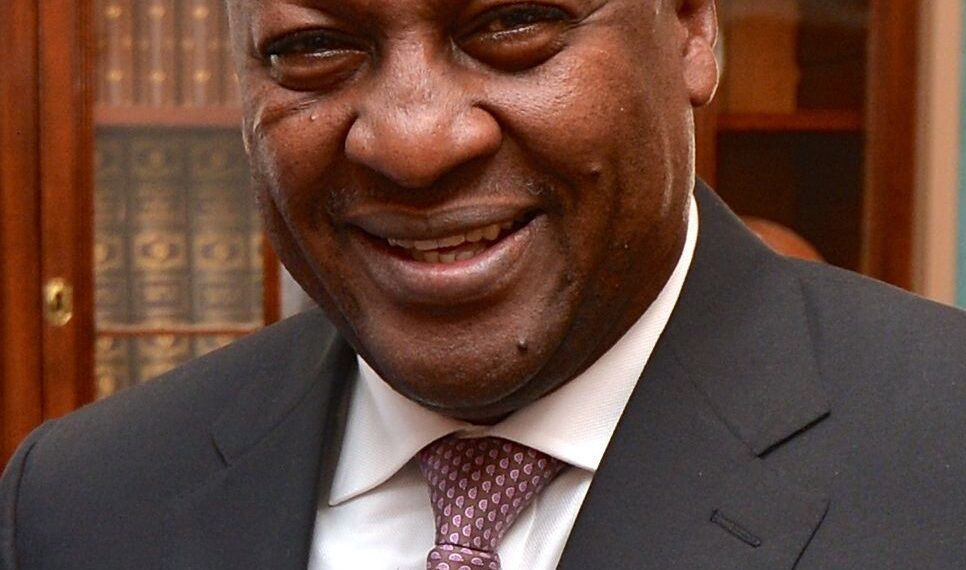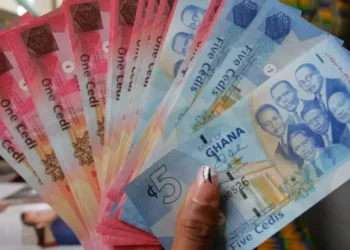The creation of Ghana’s first Ministry of State for Climate Change and Sustainability by President John Dramani Mahama has sparked widespread commendation and cautious optimism, with NexGen Deutsche-Afrik urging strong institutional empowerment and bolder reforms to secure long-term climate resilience.
NexGen Deutsche-Afrik, a Pan-African climate and development policy group, has welcomed the new ministry as a “decisive and visionary” step under President Mahama’s leadership.
In a press release, the organisation said the establishment marks “an urgent acknowledgement of the growing evidence of climate threats to national development.”
However, it called for clear mandates, dedicated funding, and strong coordination mechanisms across ministries to ensure the office performs beyond symbolic value. “It is not enough to announce institutions,” the group stated.
“The presidency must strategically empower the minister with a clear mandate, dedicated budget allocations, and inter-ministerial coordination mechanisms, to ensure its maximum functionality not only on policy formulation, but also on effective implementation”
NexGen Deutsche-Afrik
According to NexGen, Ghana’s climate risks, especially in sectors such as agriculture, energy, water resources, and health, are worsening, citing erratic rainfall and land degradation as key disruptors of food security and rural livelihoods.
Reversing Environmental Damage
The think tank praised the crackdown on illegal mining under the new administration, particularly in the Western and Central Regions, but pressed President Mahama to go further by repealing Legislative Instrument (LI) 2462.

It criticised the regulation for being “inadequate in curbing illegal mining,” especially within ecological reserves and river bodies.
“The current framework is failing to deliver environmental justice,” said NexGen’s Executive Director Simeon Mede.
“We believe the growing call for the repeal of LI 2462 is in the right direction and will further consolidate the government’s resolve in dealing with the menace”
NexGen Deutsche-Afrik
They cited data from Ghana’s Centre for Scientific and Industrial Research, which pegs annual environmental losses from illegal mining at over GHS 1.2 billion, not including health and ecosystem damages.
NexGen warned that illegal mining worsens Ghana’s greenhouse gas emissions, undermining its commitments under the Paris Agreement and SDG 13 (Climate Action).
A Green Ghana
NexGen expressed confidence that with President Mahama’s new ministry, Ghana could position itself as Africa’s “Green Hub” by attracting domestic and international investment in green infrastructure.
But the group warned that this would require “unambiguous and unwavering” policy clarity and reforms to inspire investor confidence.
“Climate change is not just a global warming phenomenon. It is a destructive force with devastating impacts on emerging economies such as Ghana”
NexGen Deutsche-Afrik
To mitigate these challenges, NexGen advocated for public-private partnerships (PPPs) to reclaim forests and water bodies, invest in renewable energy, and promote climate-smart agriculture.
Particular emphasis was placed on engaging young entrepreneurs in these sectors through special financing and incentive schemes.

Youth and Long-Term Sustainability
The think tank also congratulated the Minister of State for Climate Change and Sustainability, Hon. Issifu Seidu, on his appointment.
It pledged support through capacity-building, research, and collaborative projects to help Ghana “lead by example” in climate stewardship across Africa.
“In particular, we advocate for the creation of special funding instruments and incentive schemes for young Ghanaian entrepreneurs working within the renewable energy and agroecological sectors”
NexGen Deutsche-Afrik
NexGen Deutsche-Afrik announced it would soon launch a new initiative titled ‘We Are The Earth,’ aimed at amplifying climate justice and sustainability awareness across the continent. The campaign will focus on the economic toll of climate inaction on marginalised communities and advocate urgent transitions to green economies.
As the country navigates post-pandemic recovery and growing global climate demands, NexGen described the ministry as “an opportunity to leave a generational legacy” under President Mahama’s administration.
The group emphasised that Ghana’s climate journey must prioritise equity, accountability, and urgent execution to match the weight of the threat.
President Mahama’s creation of the ministry at the presidency level signals not only his administration’s intent to integrate sustainability into core national governance but also reflects the rising urgency of environmental leadership on the continent.
READ MORE: MTN Ghana Launches SME Accelerate To Boost SME Growth


















